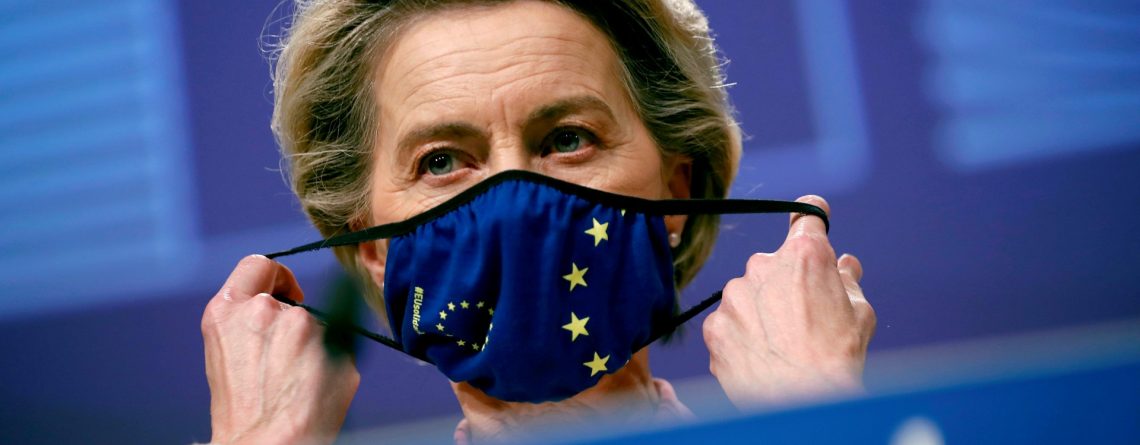UK. FTSE 350 DB pension deficit almost doubles in 2020 amid Covid and Brexit
The accounting deficit of FTSE 350 companies’ defined benefit (DB) pension schemes nearly doubled last year, increasing from £40bn at the end of 2019 to £70bn at the end of 2020, according to Mercer.
The provider’s Pension Risk Survey data showed that liability values had risen by £99bn over the past year, increasing from £815bn at 31 December 2019 to £914bn at the end of December 2020, which it attributed to falls in corporate bond yields.
This was partially offset as asset values also increased over the period, rising from £775bn at the end of 2019 to £844bn at the end of 2020.
Commenting on the findings, Mercer Chief Actuary, Charles Cowling, said: “2020 was strange and difficult, not to say unprecedented, for everyone as well as for pension schemes.
“Though it could appear there was no major impact on pension schemes, the relatively modest reduction in funding levels hides far more dramatic consequences of a really challenging year for some.”
Cowling argued that there are parallels with the financial crisis of 2008, noting that whilst the impact appears less than that of the 2008 financial crisis, there are two big differences that might concern all pension scheme trustees.
In particular, he warned that total pension liabilities are now more than twice the size of pension liabilities in 2009, despite the “large majority” of private sector pension schemes closing to new accrual and record levels of pension buyouts and other liability settlements.
Considering this, he warned that bigger pension schemes also bring bigger risk, stating that many of the old industry businesses have failed to keep up with the growth in their pension schemes.
“Moreover, not all trustees have taken advantage of opportunities to de-risk their pension schemes and some are much more exposed to market volatility,” he added.
In addition to this, Cowling noted that many businesses have suffered “very significant shocks” amid the current pandemic that could threaten the strength of the employer covenant available to support the pension scheme, meaning that trustees have had to monitor the strength of employer covenants more closely than ever before.
Cowling added: “So whilst some pension schemes have not been badly hit by the 2020 crisis, others are caught in a perfect storm.
“They have seen a big growth in pension liabilities and risk and a big growth in employer covenant risk.
“At the same time the Bank of England is suggesting even lower interest rates this year and new pensions legislation pending with the Pensions Regulator rightly encouraging trustees to focus on their long term plans for low-risk sustainability – something that will seem very far off for many trustees.
He concluded: “2021 therefore brings many challenges for pension scheme trustees.
“But one message continues to be even more important at this time – should consider looking for every opportunity to take risk out of their pension schemes, whether through better hedging or cash-flow driven investment strategies and/or through liability settlement programmes, including buyouts.
“This might at least result in 2021 being a better year than 2020 has been.”
Read More @Pensionsage











